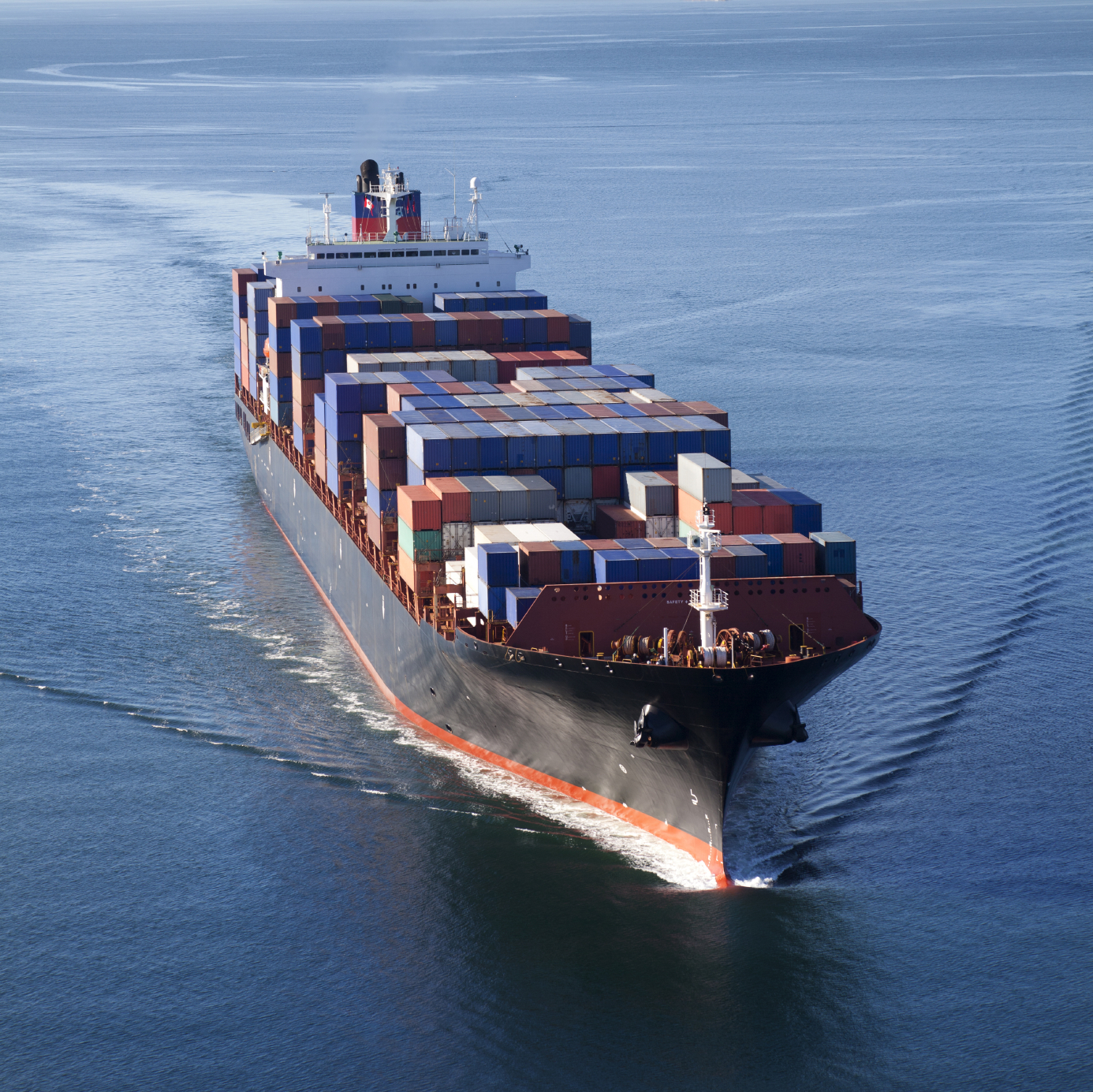
‘Fair and ambitious’ shipping scheme needed to kickstart global efforts
The Commission should make a meaningful proposal this year for the EU to reduce greenhouse gas emissions from maritime transport. That is the message delivered by 15 NGOs to the EU climate commissioner Connie Hedegaard and five other commissioners in a letter dated 23 March, which specifically offers help in drawing up a proposal.
[mailchimp_signup][/mailchimp_signup]
Since aviation became subject to emissions trading on 1 January, shipping is now the last means of mechanised transport not included in EU efforts to decarbonise the economy. Europe said it would act alone if the International Maritime Organisation (IMO) did not propose a global scheme to reduce shipping’s climate impact by the end of 2011. The IMO has still not produced a workable scheme, and its environment committee recently made such little progress that no scheme is likely to appear in the short term.
T&E has therefore helped pull together 15 NGOs all with an interest in reducing climate change and fighting for cleaner waters and air, and produced a joint appeal to six commissioners, specifically Hedegaard. They call on the EU to propose ‘a fair and ambitious’ scheme that can serve as the basis for a global scheme to be adopted by the IMO.
T&E director Jos Dings, said: ‘The EU has proved with initiatives such as emissions trading for aviation and its willingness to set emissions reduction targets for certain industries that it can set standards that encourage the rest of the world to pursue meaningful emissions reductions. Shipping is another example of where global efforts need to be kickstarted, and that’s why we believe the Commission should make good on its promise to move first as a spur for global action. Our letter to Connie Hedegaard is constructive, as we are happy to help construct the kind of scheme that’s needed now.’
Among the features of the scheme the 15 organisations are calling for are:
- It should be based on a robust near- and long-term reduction target, at least in line with the EU’s own Transport White Paper to achieve a 40% and if possible 50% emissions cut from shipping by 2050, but also bearing in mind the overall EU target to reduce emissions 80-95% below 1990 levels
- It should cover all ships into and out of the EU from all flag states
- It should be environmentally effective by incentivising and prioritising emissions reductions within the maritime sector and limiting the access to offsets; as over half of all CO2 abatement potential relates to reduced ship speed, any measure should address speed reduction
- Revenues should be used primarily to support further climate action
- And as a forerunner of a scheme that could become global, it should take into account the impact of the proposal on developing countries, particularly the poorest and least developed countries, and adopt appropriate measures.
Read the letter here.
